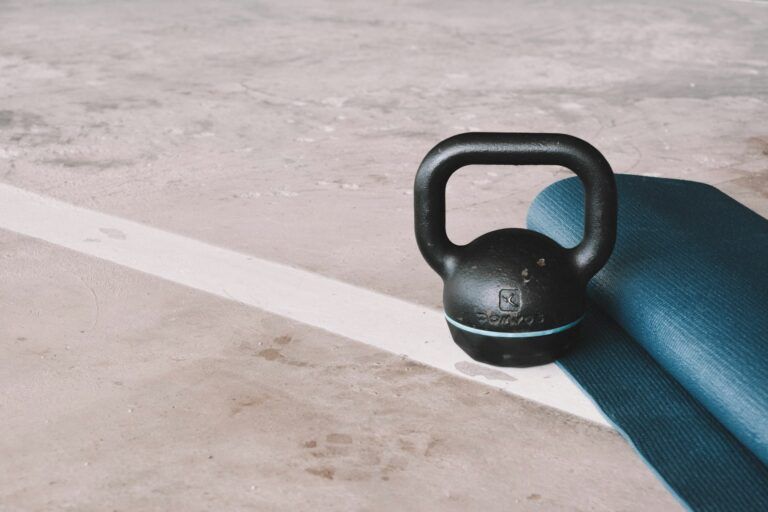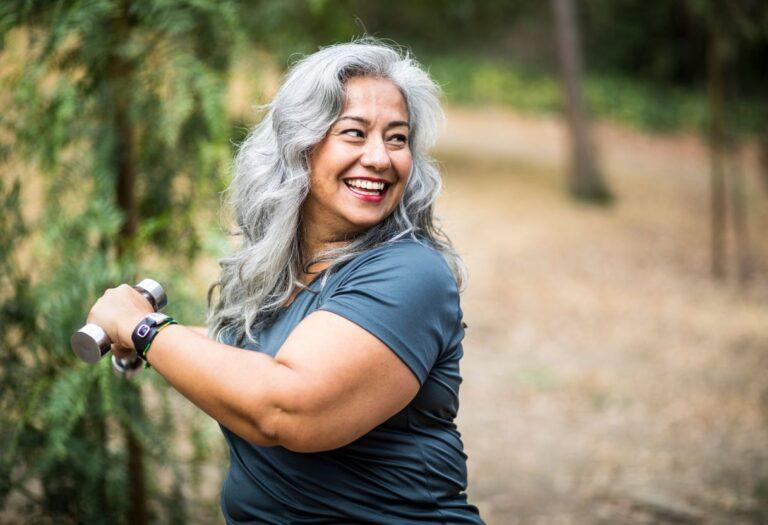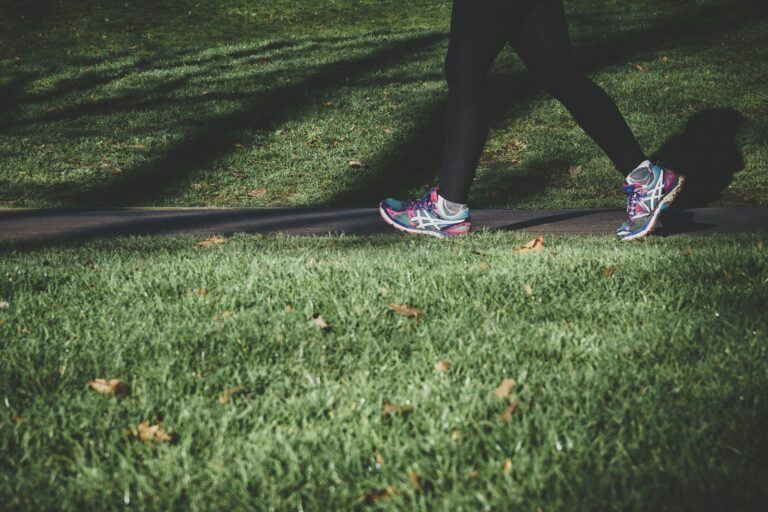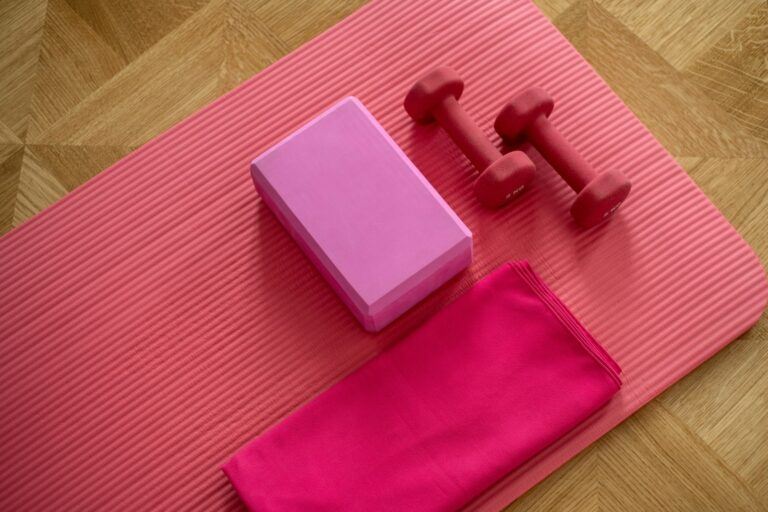What Is The Best Way To Lose Weight For Women Over 50
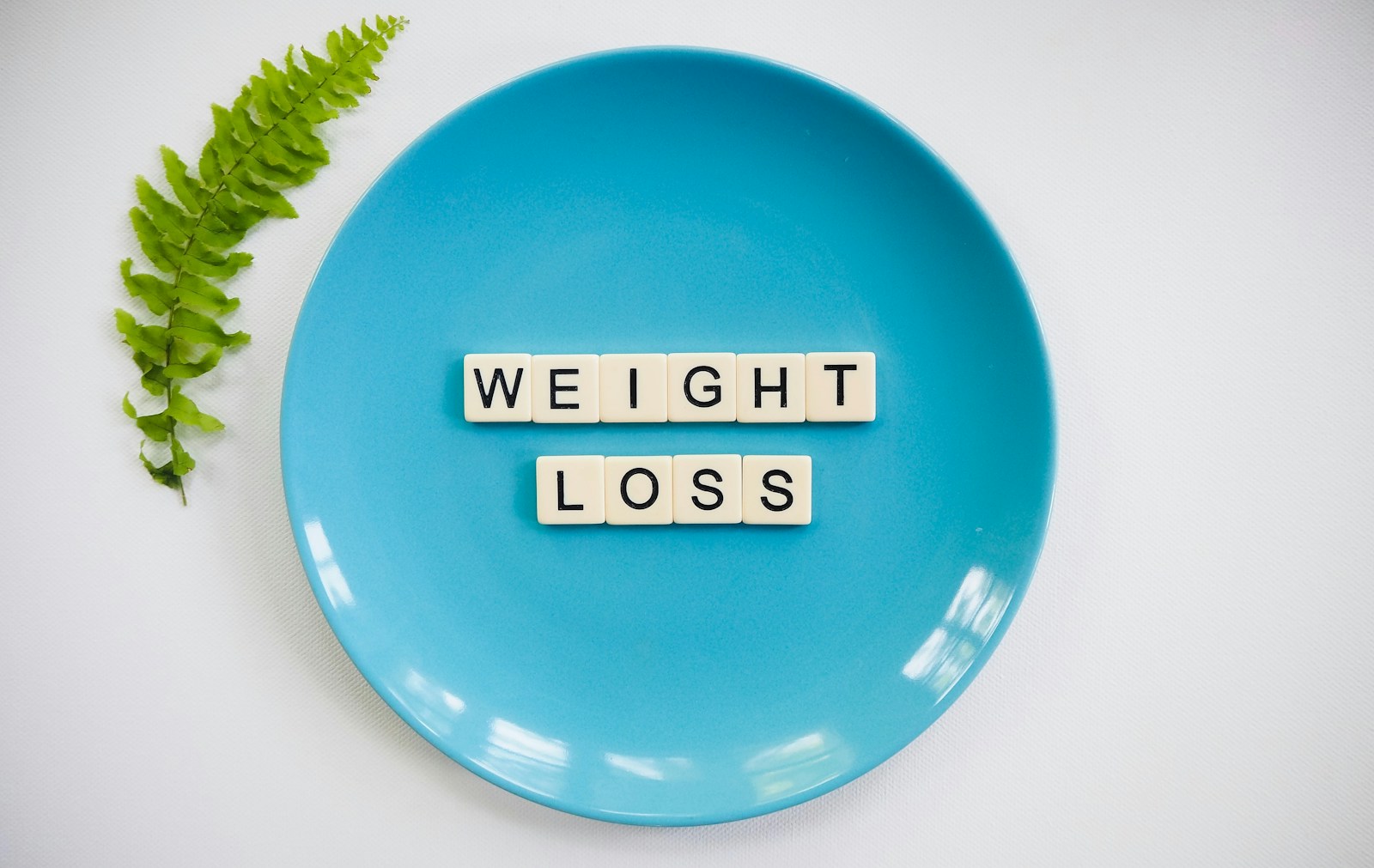
Losing weight at any age can be a challenge, but it can be particularly difficult for women over 50. As we age, our metabolism slows down, our hormone levels change, and we may be dealing with health issues that make it harder to lose weight. However, there are steps you can take to achieve healthy weight loss and maintain your results.
To start, it’s important to understand the unique weight loss challenges that women over 50 face. Hormonal changes, muscle loss, and a slower metabolism can all contribute to weight gain. Additionally, women over 50 may be dealing with health issues that make it harder to lose weight, such as arthritis or diabetes. However, with the right approach, it is possible to achieve healthy weight loss and improve your overall health.
In this article, we’ll explore the best ways for women over 50 to lose weight, including dietary adjustments, exercise essentials, and lifestyle modifications. We’ll also answer some frequently asked questions about weight loss for women over 50. By following these tips, you can achieve healthy weight loss and improve your overall health and well-being.
Key Takeaways
- Understand the unique weight loss challenges that women over 50 face
- Make dietary adjustments for healthy weight loss
- Incorporate exercise and physical activity essentials into your routine
Understanding Weight Loss Challenges for Women Over 50
Losing weight can be challenging, especially for women over 50. As you age, your body undergoes several changes that can make it harder to lose weight. Understanding these changes can help you develop a weight loss plan that works for you.
Hormonal Changes and Weight Gain
Hormonal changes play a significant role in weight gain for women over 50. As you approach menopause, your body produces less estrogen, which can lead to weight gain, especially around the midsection. This weight gain can be challenging to lose, even with diet and exercise.
Impact of Aging on Metabolism
As you age, your metabolism slows down, which means your body burns fewer calories at rest. This can make it harder to lose weight, even if you are eating a healthy diet and exercising regularly. To combat this, you may need to adjust your calorie intake and increase your physical activity to maintain a healthy weight.
Muscle Mass Decline with Age
As you age, you naturally lose muscle mass, which can impact your metabolism and make it harder to lose weight. To combat this, you may need to focus on strength training exercises to build and maintain muscle mass. This can help increase your metabolism and make it easier to lose weight.
In summary, weight loss can be challenging for women over 50 due to hormonal changes, the impact of aging on metabolism, and the loss of muscle mass. However, by understanding these challenges, you can develop a weight loss plan that works for you.
Dietary Adjustments for Healthy Weight Loss
Losing weight can be challenging, especially for women over 50. However, with the right dietary adjustments, it is possible to achieve healthy weight loss. In this section, we will discuss some dietary adjustments that can help you lose weight in a healthy way.
Balancing Macronutrients and Calories
One of the most important things to consider when trying to lose weight is calorie intake. To lose weight, you need to consume fewer calories than you burn. However, it is also important to balance your macronutrients, which include carbohydrates, protein, and fat. A balanced diet that includes all three macronutrients can help you feel full and satisfied, which can make it easier to stick to your weight loss goals.
Incorporating Whole Foods and Fiber
Incorporating whole foods and fiber into your diet can also help with weight loss. Whole foods, such as fruits, vegetables, and whole grains, are rich in nutrients and can help you feel full and satisfied. Fiber is also important for weight loss because it helps regulate digestion and can help you feel full for longer periods of time.
Managing Meals and Snacking
Managing your meals and snacking can also be important for weight loss. Registered dietitians often recommend eating smaller, more frequent meals throughout the day to help regulate blood sugar and prevent overeating. It can also be helpful to plan your meals and snacks in advance to prevent impulsive eating and to ensure that you are consuming a balanced diet.
In summary, to achieve healthy weight loss, it is important to balance macronutrients and calories, incorporate whole foods and fiber, and manage your meals and snacking. Following a balanced diet, such as the Mediterranean or DASH diet, can also be helpful for weight loss. If you are struggling with weight loss, consider consulting with a registered dietitian who can help you create a personalized plan that meets your nutritional needs and weight loss goals.
Exercise and Physical Activity Essentials
To lose weight, women over 50 should focus on a combination of cardiovascular and aerobic workouts, strength training, and flexibility and balance exercises. By incorporating these three types of exercise into your routine, you can burn calories, build muscle, and improve your overall health.
Cardiovascular and Aerobic Workouts
Cardiovascular and aerobic workouts are essential for burning calories and improving heart health. These types of exercises include walking, running, cycling, swimming, and dance classes. Aim for at least 150 minutes of moderate-intensity aerobic exercise per week, or 75 minutes of vigorous-intensity aerobic exercise per week. You can break this up into shorter sessions throughout the day if needed.
Strength Training to Preserve Muscle
Strength training is crucial for preserving muscle mass and preventing age-related muscle loss. Resistance training with weights, resistance bands, or bodyweight exercises can help you build strength and maintain muscle mass. Aim for at least two days of strength training per week, targeting all major muscle groups.
Flexibility and Balance Exercises
Flexibility and balance exercises can help improve your range of motion, prevent injuries, and reduce the risk of falls. Yoga, Pilates, and tai chi are excellent options for improving flexibility and balance. Aim for at least two days of flexibility and balance exercises per week.
When starting an exercise routine, it’s important to start slowly and gradually increase the intensity and duration of your workouts. Consider working with a personal trainer or joining a gym to get started. Remember to listen to your body and make adjustments as needed to prevent injury.
In conclusion, a well-rounded exercise routine that includes cardiovascular and aerobic workouts, strength training, and flexibility and balance exercises is essential for women over 50 who want to lose weight and improve their overall health. By incorporating these types of exercise into your routine, you can achieve your weight loss goals and enjoy a healthier, happier life.
Lifestyle Modifications for Sustained Weight Management
Lifestyle modifications are essential for sustained weight management, especially for women over 50. While there are many diets and exercise plans available, lifestyle changes are the key to long-term success. In this section, we will discuss two critical lifestyle modifications that can help you achieve sustainable weight management.
Sleep Quality and Stress Reduction
Sleep quality and stress reduction are two critical factors that can affect your weight management journey. Poor sleep quality and high stress levels can lead to sleep deprivation and elevated cortisol levels, which can increase hunger hormones and lead to overeating.
To combat these issues, it is essential to prioritize sleep quality and stress reduction. Aim for 7-8 hours of sleep per night, and practice stress-reducing activities such as yoga, meditation, or deep breathing exercises. Additionally, tracking your sleep patterns and stress levels can help you identify areas for improvement and make necessary adjustments.
Behavioral Changes and Mindfulness
Behavioral changes and mindfulness are essential for sustained weight management. Making small changes to your eating habits and daily routines can lead to significant improvements in your overall health and wellness.
Start by committing to a healthy eating plan that includes plenty of fruits, vegetables, whole grains, lean protein, and healthy fats. Additionally, practicing mindfulness can help you stay committed to your weight management goals. Mindfulness techniques such as mindful eating and meditation can help you stay focused, motivated, and on track.
In conclusion, lifestyle modifications are essential for sustained weight management. By prioritizing sleep quality and stress reduction, and making small behavioral changes while practicing mindfulness, you can achieve your weight management goals and maintain a healthy lifestyle.
Frequently Asked Questions
What strategies can women over 50 employ to effectively lose weight?
There are several strategies that women over 50 can employ to effectively lose weight. These include strength training, increasing physical activity, eating a balanced diet, reducing calorie intake, and getting enough sleep. Strength training helps to build and maintain muscle mass, which is important for burning calories. Increasing physical activity can help to burn more calories and improve overall health. Eating a balanced diet that includes whole foods, fruits, vegetables, and lean protein can help to reduce calorie intake and improve overall health. Reducing calorie intake by eating smaller portions and cutting out high-calorie foods can also help with weight loss. Finally, getting enough sleep is important for managing weight because lack of sleep can lead to overeating and weight gain.
How does menopause affect weight loss in women aged 50 and above?
Menopause can affect weight loss in women aged 50 and above because it is associated with a decline in estrogen levels, which can lead to a decrease in muscle mass and an increase in body fat. This can make it more difficult to lose weight. However, women can still lose weight during and after menopause by following a healthy diet and exercise plan.
What is a healthy weight loss rate for women over 50?
A healthy weight loss rate for women over 50 is about 1-2 pounds per week. Losing weight at a slower rate is generally more sustainable and can help to maintain muscle mass.
Can you provide a sample meal plan that promotes weight loss for women over 50?
While we cannot provide a specific meal plan, a balanced diet for weight loss in women over 50 should include whole foods, fruits, vegetables, lean protein, and healthy fats. It is important to reduce calorie intake by eating smaller portions and cutting out high-calorie foods.
What role do hormones play in weight management for women after 50?
Hormones can play a role in weight management for women after 50 because they can affect metabolism and muscle mass. Declining estrogen levels can lead to a decrease in muscle mass and an increase in body fat, making it more difficult to lose weight. However, a healthy diet and exercise plan can help to manage hormones and promote weight loss.
How can women over 50 overcome weight loss plateaus?
Women over 50 can overcome weight loss plateaus by making small changes to their diet and exercise plan. This can include increasing physical activity, reducing calorie intake, and changing up their exercise routine. It is also important to be patient and consistent with weight loss efforts.

